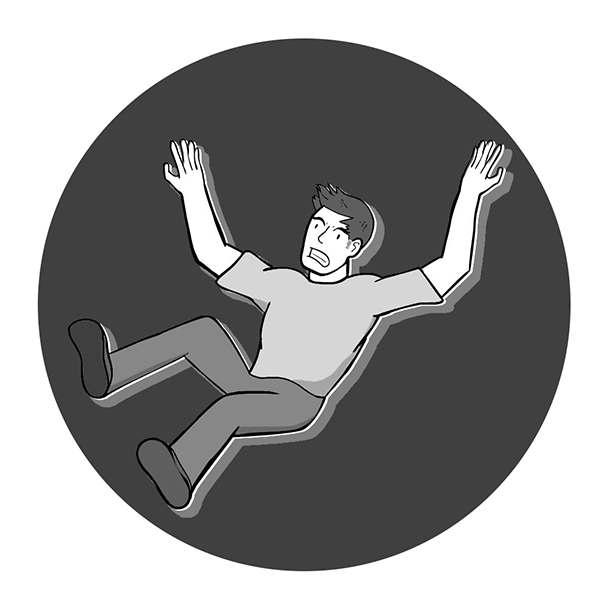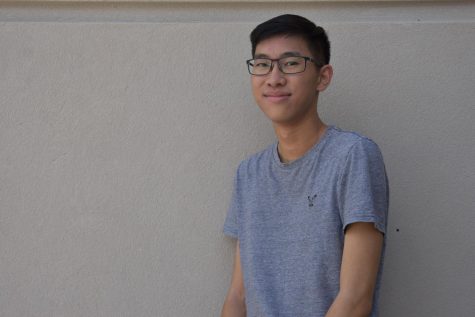“Sticks and stones may break my bones, but words will never hurt me.”
While this may have been our witty retort to the playground bully as children, many today would argue that words carry a significant and dangerous power. In fact, several colleges have taken action in fear of the frightening power of speech—resulting in the creation of “safe spaces.”
Originally, the term “safe spaces” simply referred to areas, like classrooms, where racism, sexism and hate speech were not tolerated. Now, “safe spaces” are broad efforts by colleges to shield their students from potentially scary and uncomfortable ideas, viewpoints and topics—whether it be turning away controversial speakers, adjusting curriculum or enforcing censorship.
There have been various interpretations of safe spaces across college campuses. What is deemed too controversial or discomforting to be discussed varies among each campus and is primarily determined by how liberal or conservative the school and its student body are.
This has led to some noteworthy examples of safe spaces being taken to the extreme. For example, the University of California has been widely criticized for discouraging its faculty from uttering phrases like “America is the land of opportunity” and “everyone can succeed in this society if they work hard enough” in fear of insulting its student body. In addition, law students at the University of Oxford can refuse to study rape and sexual assault if they deem the information presented in lectures too distressing or uncomfortable—which has instilled a significant fear that graduating attorneys will be ill-equipped for some aspects of their job.
In contrast, cases of an extreme lack of sensitivity and political correctness have also arisen on campuses. For example, the University of Chicago recently released a letter publicly stating its lack of support for “trigger warnings” (warnings for potentially distressing material) and safe spaces. This consequently sparked significant controversy from their students and society, who have criticized the university for being insensitive and ignorant.
Thus, one can begin to see the potential dangers that hide within safe spaces when taken to the extreme. When the very idea of a safe space is forbidden, universities like the University of Chicago present themselves as cold and uncaring to potentially struggling students. Ideally, students should have the freedom to be able to congregate how they see fit.
Inversely, caution becomes control when formerly esteemed speakers are denied places at their commencement and graduation speeches because their ideas are too disputed. Despite college being the very place for students to develop and be exposed to new ideas, we inhibit the growth of each and every individual on campus by limiting their exposure to new, albeit controversial, subjects and matters. Free speech begins to be seen as an attack on one’s mental state and security, as opposed to its intended purpose as a stimulant for free thought.
It’s also important to consider an inherent issue from which safe spaces stem: political correctness. It is undeniable that free speech is frequently limited by what is deemed acceptable to discuss. Unfortunately, what is often considered acceptable material to discuss seems to change based on one’s ethnicity, religion or sexual orientation rather than their personal experiences or potential viewpoints they could offer.
Safe spaces act as a dangerous catalyst to this matter. As specialized safe spaces are developed and created on college campuses—one for LGBT+ members, one for African Americans, etc.—discussion becomes fragmented. Certain topics are only deemed to be fit for certain groups. As a result, the people within these groups become more and more estranged from each other. For instance, individuals like Jack Meeks, a Trinity Prep alumnus and student at Virginia Tech, have fears that safe spaces taken to the extreme have the potential to marginalize society.
“I don’t think safe spaces are a success by any means,” Meeks said. “I think their biggest flaw has been [creating] segregation and identity politics. They put people, based on their identity, into categories and take away their individual identity—which I think is more offensive, to be honest.”
The raw concept of a safe space isn’t flawed at all. Students who truly struggle to function on a daily basis due to discrimination deserve the support of their college campus. However, it’s important to assess these situations case-by-case, as opposed to enforcing a blanket regulation of censorship on a student body. Thus, the overbearing expansion of what is forbidden for open discussion leaves little room for the development of future generations to come.
“[Safe spaces] basically prevent people from looking at certain facts and statistics that may help them or change their perspective on the world,” said Trinity Prep Alumnus Brian Min, who currently attends Columbia University. “They’re shielded from the very things that may help them in the long run.”









